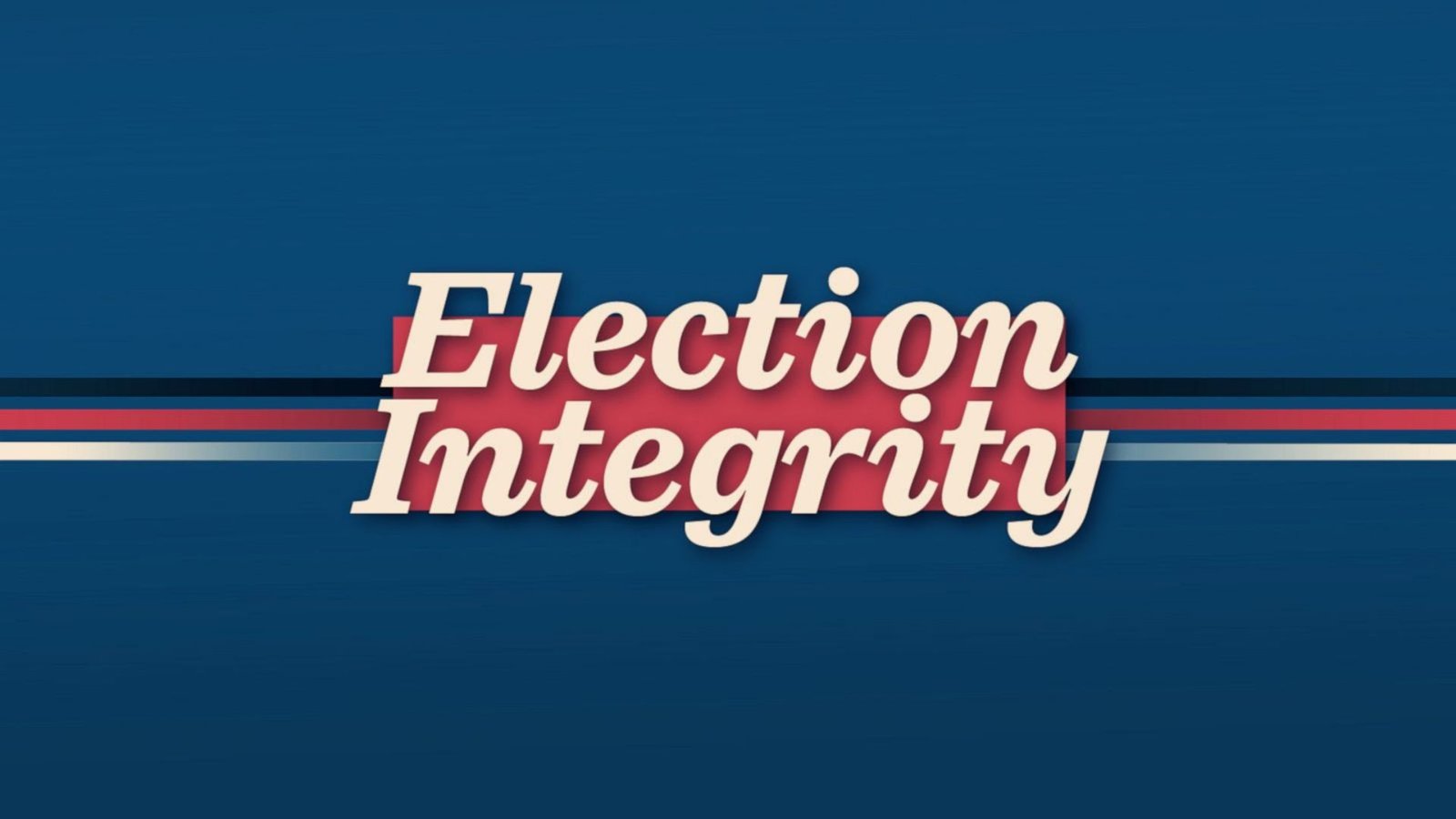As upcoming political elections approach, several key issues are shaping the debate and influencing voters’ choices. Understanding these issues is crucial for making informed decisions and participating actively in the democratic process. Here’s an overview of some of the most pressing issues in the upcoming elections.

Economic Policy and Inflation
Economic policy is a central issue in many elections, with candidates proposing different approaches to manage inflation, economic growth, and job creation. Voters are concerned about how policies will impact their personal finances, including taxes, wages, and cost of living.
Candidates may offer varying solutions to address economic challenges. Some may focus on increasing government spending to stimulate growth, while others might advocate for tax cuts or deregulation to boost business investment. Assessing these policies helps voters understand how each candidate plans to address economic concerns and their potential impact on everyday life.
Healthcare Reform
Healthcare remains a critical issue for many voters, particularly in light of ongoing debates over healthcare reform and accessibility. Key topics include the affordability of medical care, insurance coverage, and the overall quality of healthcare services.
Candidates may propose different approaches to healthcare reform, such as expanding public health programs, increasing funding for healthcare services, or modifying existing insurance systems. Understanding each candidate’s stance on healthcare helps voters make informed choices about policies that will affect their access to and affordability of medical care.
Climate Change and Environmental Policy
Climate change and environmental policy are increasingly prominent issues in political elections. Voters are concerned about how candidates plan to address climate change, protect natural resources, and promote sustainability.
Candidates may propose various strategies, such as investing in renewable energy, implementing carbon reduction targets, or supporting international climate agreements. Evaluating these proposals helps voters understand how each candidate plans to address environmental challenges and promote a sustainable future.
Social Justice and Equality
Social justice and equality are crucial issues in contemporary elections, with discussions focusing on racial, gender, and economic equality. Voters are interested in how candidates plan to address systemic inequalities and promote social justice.
Candidates may advocate for policies related to criminal justice reform, gender equality, LGBTQ+ rights, and economic disparity. Understanding each candidate’s position on these issues helps voters assess their commitment to creating a more equitable and inclusive society.
Education Policy
Education policy is a key issue in many elections, with candidates proposing different approaches to improving the education system. Key topics include funding for schools, teacher salaries, curriculum standards, and access to higher education.
Candidates may have varying views on how to address educational challenges, such as increasing investment in public schools, expanding school choice options, or reducing the cost of college education. Evaluating these proposals helps voters understand how each candidate plans to support and improve the education system.
Immigration and Border Security
Immigration and border security are important issues in many political debates. Voters are concerned about how candidates plan to manage immigration, ensure border security, and address related humanitarian issues.
Candidates may propose different approaches to immigration reform, such as creating pathways to citizenship, enhancing border security measures, or revising asylum policies. Understanding these positions helps voters evaluate how each candidate plans to address immigration-related concerns.
Public Safety and Crime
Public safety and crime are significant issues for voters, with candidates proposing various strategies to address crime rates and improve community safety. Key topics include policing practices, criminal justice reform, and support for crime prevention programs.
Candidates may offer differing approaches to enhancing public safety, such as increasing funding for law enforcement, implementing community-based crime prevention strategies, or addressing root causes of crime. Assessing these proposals helps voters understand each candidate’s plan to improve public safety and justice.
Conclusion
In summary, key issues in upcoming political elections include economic policy, healthcare reform, climate change, social justice, education, immigration, and public safety. Understanding these issues and evaluating candidates’ positions on them helps voters make informed decisions and participate effectively in the democratic process. Staying informed about these topics ensures that you can advocate for policies that align with your values and priorities, ultimately contributing to a more informed and engaged electorate.




